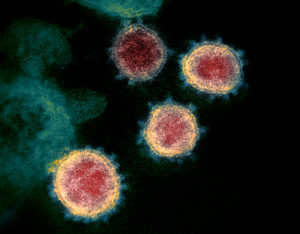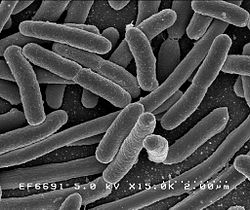 Some good news for those with Rh negative blood (whether it is A, B, AB, or O), and also for those with type O blood. A large Canadian study found that both the O and Rh- blood groups are associated with a slightly lower risk of COVID-19 infection and also severe COVID-19 illness and death. In other words, both are somewhat protective from the new coronavirus, especially O-negative blood.
Some good news for those with Rh negative blood (whether it is A, B, AB, or O), and also for those with type O blood. A large Canadian study found that both the O and Rh- blood groups are associated with a slightly lower risk of COVID-19 infection and also severe COVID-19 illness and death. In other words, both are somewhat protective from the new coronavirus, especially O-negative blood.
Among 225,556 Canadians who were tested for the virus, the risk for a COVID-19 diagnosis was 12% lower and the risk for severe COVID-19 or death was 13% lower in people with blood group O versus those with A, AB, or B, researchers reported in Annals of Internal Medicine.
The researchers point out that some other studies had a similar finding regarding type O blood. Interestingly, the O blood group is associated with a decreased risk for venous thromboembolism (blood clots in the veins) - which can be a big complication of COVID-19.
How many people have O negative blood? One study of 3.1 million American blood donors found that O− was seen in 8.0% of White non-Hispanic donors, 3.9% of Hispanic donors, 3.6% of Black non-Hispanic donors, and 0.7% of Asian donors. So not that common in the US.
From Medscape: More Evidence for Lower Risk With Certain Blood Groups
A large study adds to evidence that people with type O or Rh−negative blood may be at slightly lower risk from the new coronavirus. ...continue reading "Some Good News About Having Rh- Blood"

 Does it matter what blood type (A, O, B, AB) we have when dealing with microbes that can make us sick? Apparently it does for certain illnesses.
Does it matter what blood type (A, O, B, AB) we have when dealing with microbes that can make us sick? Apparently it does for certain illnesses.